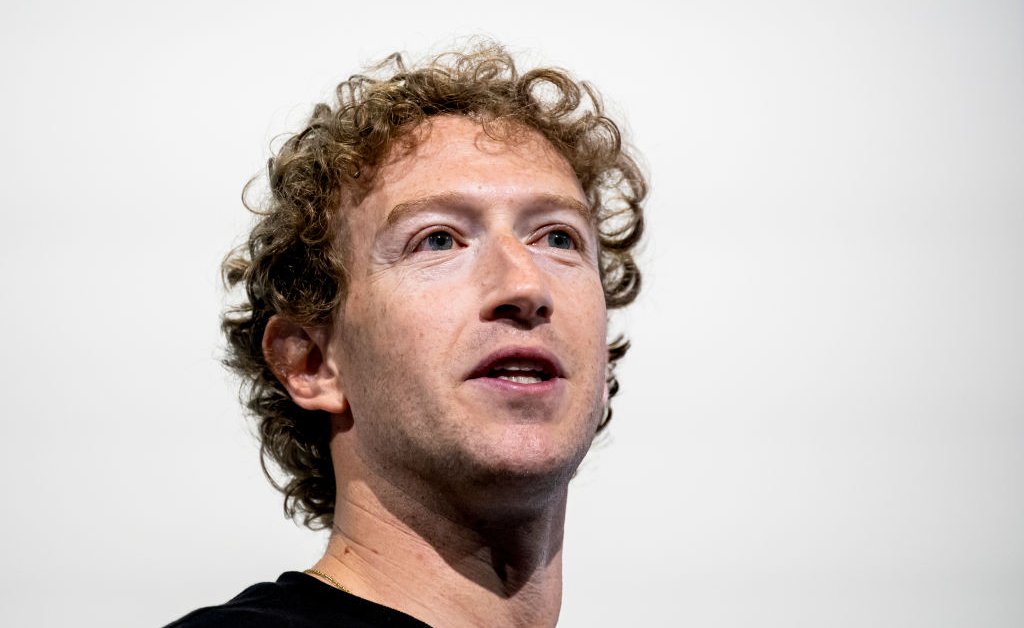Less than two weeks before Donald Trump is set to be reinstated as President, Meta has announced a major shift in its content moderation strategy. The company, which operates popular platforms like Facebook and Instagram, is abandoning its fact-checking program in favor of a crowdsourced model that emphasizes “free expression.” This decision has sparked intense debate over its potential impact on misinformation and hate speech online.
For years, Meta had funded fact-checking efforts to review content on its platforms. However, this approach faced criticism from many Republicans who felt that it unfairly targeted right-wing viewpoints. In response to these concerns, Meta has decided to transition to a model where unpaid users, rather than third-party experts, will police content. This shift is seen as a move to align with the views of influential conservatives like Trump ally Elon Musk, who has supported similar community-driven moderation strategies.
Meta’s decision to move away from fact-checking has been met with both praise and criticism. Conservatives and free-speech activists have welcomed the change, viewing it as a step towards allowing more diverse viewpoints to be shared online. However, watchdogs and social media experts have raised concerns about the potential spread of misinformation in the absence of fact-checking measures. Without proper testing and safeguards in place, the reliance on crowdsourcing to moderate content could have unintended consequences.
Meta CEO Mark Zuckerberg has acknowledged that the policy change may result in the platform being less effective at catching harmful content. This admission raises questions about the company’s ability to effectively moderate content and protect users from misinformation and hate speech. The decision to shift towards a crowdsourced moderation model comes at a time when Meta is already facing challenges in managing problematic content on its platforms.
The timing of Meta’s policy change, just ahead of Trump’s expected reinstatement as President, has led to speculation about the motivations behind the decision. Trump himself has suggested that Meta’s shift may be a response to his previous threats against the company. As Meta navigates this new approach to content moderation, the company will need to carefully balance the need for free expression with the responsibility to prevent the spread of harmful content online.









